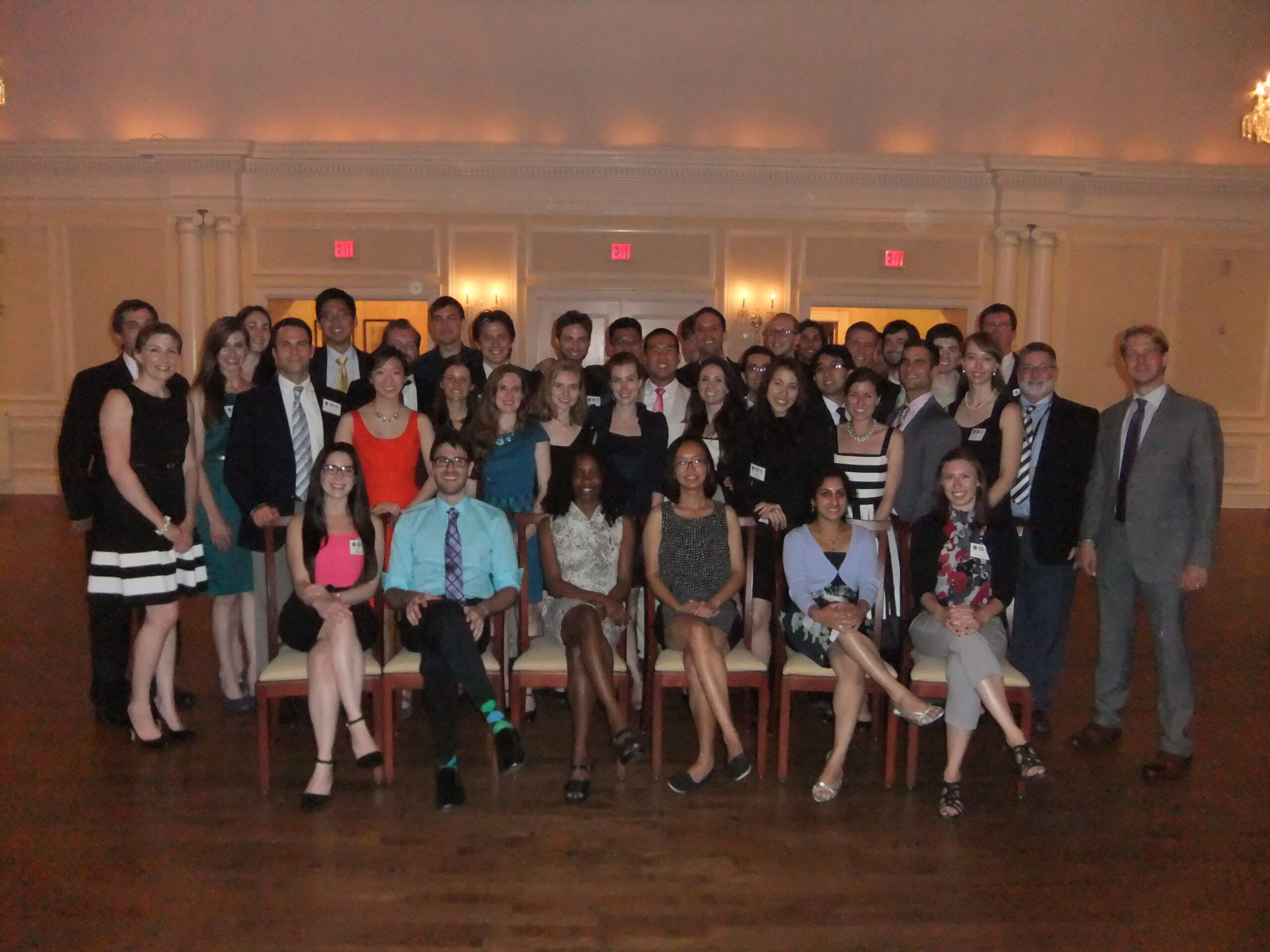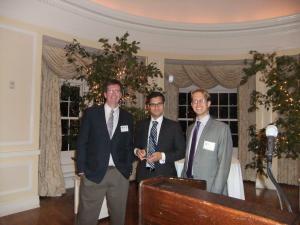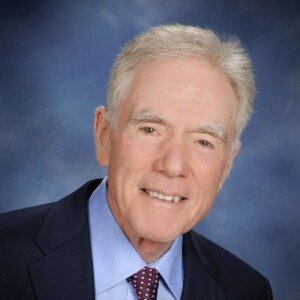
Dr. Ralph Snyderman, Chancellor Emeritus and James B. Duke Professor of Medicine at Duke University will be the inaugural speaker for the Lasker Lessons in Leadership to be held on the campus of the NIH on May 19, 2015. Dr. Snyderman’s talk entitled “From Brooklyn to Lab Bench to Board Room: Lessons Learned” will seek to provide sage advice to researchers at the beginning of their careers including the NIH-Lasker Research Scholars and NIH Oxford-Cambridge Scholars. More details to follow. For additional information regarding this event please email Randi Balletta at rb@ibra.org.
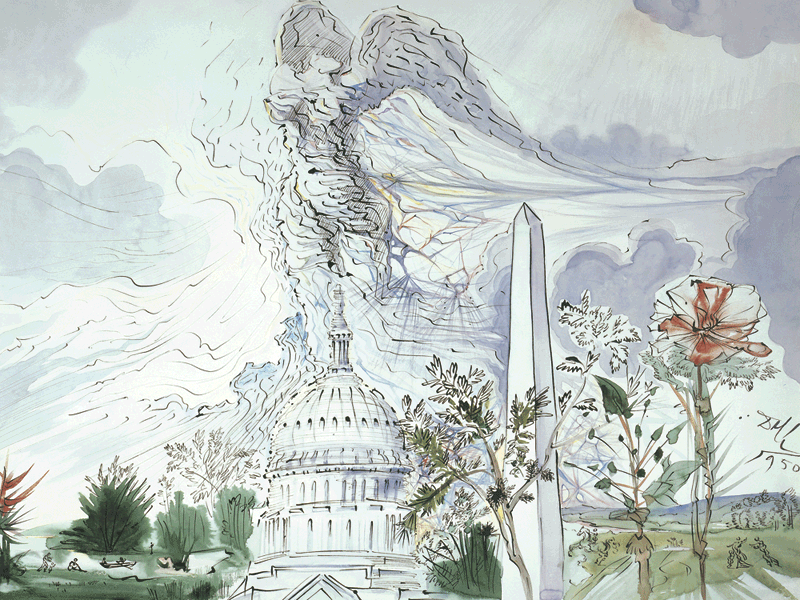
On April 9, 2015 members of the board of directors of the Albert and Mary Lasker Foundation, the International Biomedical Research Alliance and scholars and administrators of the NIH Oxford-Cambridge Scholars Program and MD/PhD Partnership Training Program, NIH-Lasker Research Scholars as well as distinguished guests attended the unveiling and rededication of Washington (Winged Victory – Washington) painted by Salvador Dali and commissioned by Mary Lasker in 1950. The signed lithograph was presented to the Mary W. Lasker Center for Health Research and Education shortly after its dedication in 1984. The painting expresses the notion of victory over death and disease. Mary and Albert Lasker believed that could be best achieved by using the tools of both basic and clinical science and they greatly supported the development of the National Institutes of Health. Scholars in the NIH Oxford-Cambridge Scholars Program took the lead in refurbishing the artwork and organizing details for the event in order to preserve this important piece of Lasker-NIH history.
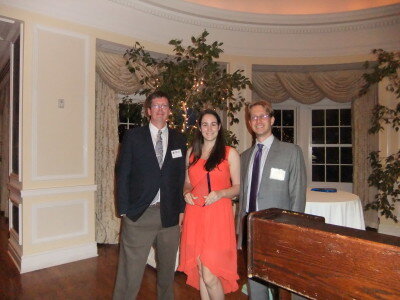
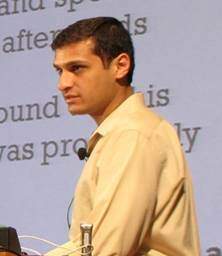
During the NIH Global Doctoral Partnerships 2014 Annual Research Colloquium, three members of the NIH Oxford/Cambridge Scholars Program were recognized for their outstanding research. They are:
Prantik Kundu – Innovation Award for Novel Solutions in Biology or Medicine for discoveries of unusual importance, application, or magnitude that make use of new or unusual methods, paradigms or approaches to solve important problems in biology or medicine
Mentors: Dr. Peter Bandettini(NIMH) and Dr. Ed Bullmore at Cambridge. Studying the dynamics of brain function measured by fMRI. In a recent PNAS paper, Prantik developed a novel method to improve the signal of fMRI brain images using a multiecho technique, leading to improvement in connectivity maps of the brain to better understand and map neural activity. A recent graduate, Prantik will be starting a faculty position at Mount Sinai this Fall.
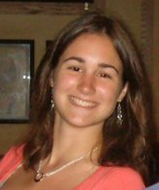 Katherine Deigan Warner – Basic Science Award for Discoveries in Cellular and Molecular Biology for discoveries of fundamental cellular, molecular, or genetic processes using model systems that advance scientific understanding of biological processes in higher organisms
Katherine Deigan Warner – Basic Science Award for Discoveries in Cellular and Molecular Biology for discoveries of fundamental cellular, molecular, or genetic processes using model systems that advance scientific understanding of biological processes in higher organisms
Mentors: Dr. Adrian Ferre-D’Amare(NHLBI) and Dr. Chris Abell, Cambridge. Understanding the structural and functional relationship of RNA riboswitches. In a recent Chemical Biology paper, Katherine studied RNA structural changes upon site-specific binding of various small molecule fragments, aiding in understanding how potential drug candidates can inhibit RNA riboswitches function by structural changes induced upon drug binding.
Christopher Wassif – Translational Award for Advances in Medical Science awarded for advances in the field of medical science that move fundamental discoveries from the bench to the bedside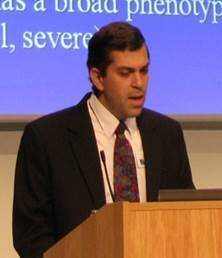
Mentors: Dr. Forbes Porter (NICHD) and Prof. Frances Platt, Oxford. How cholesterol affects childhood development. A recent Clinical Genetics paper, with Chris as the senior corresponding author, focused on using DNA exome sequencing to understand the population genetics and carrier frequency of a rare genetic disease, Smith-Lemli-Opitz Syndrome. Demonstrating the importance of exome sequencing in translational research to determine more accurate risk assessment of genetic diseases.







